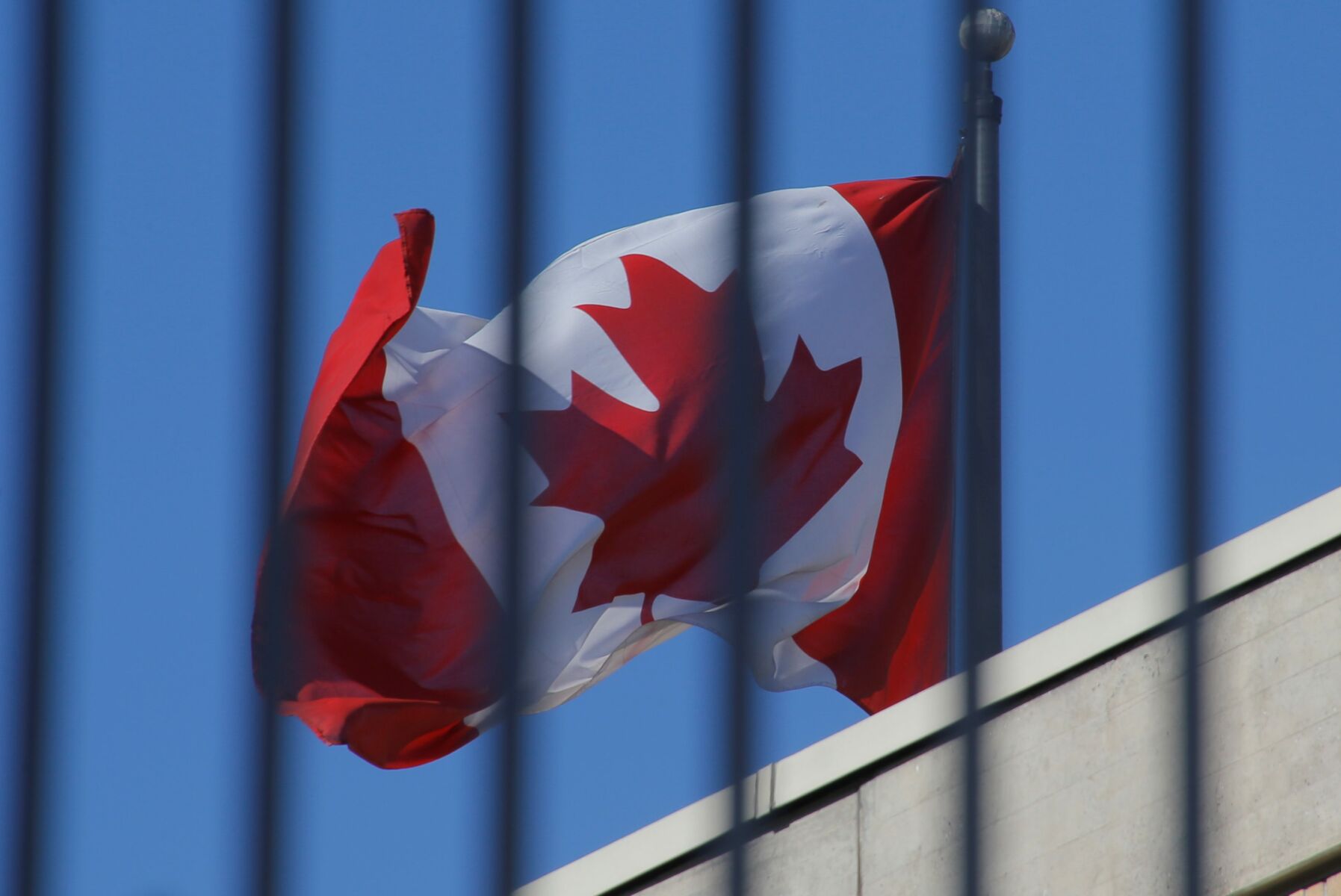Probe leader steps down amid partisanship in Canada’s China interference inquiry

The investigation into alleged Chinese interference in Canada has experienced a major change, as David Johnston, the government-appointed leader of the probe, announced his resignation on Friday. Johnston, a former Canadian Governor General, cited the highly partisan atmosphere surrounding his work as the reason for his departure. His appointment had been controversial, with some, including opposition Conservative Party leader Pierre Poilievre, accusing him of being too close to Prime Minister Justin Trudeau’s family.
Johnston’s resignation comes after all opposition parties in the House of Commons called for a public inquiry into the allegations of foreign interference. However, Johnston recently released a report advising against such an inquiry. In his announcement, he also mentioned that he would release a brief final report before leaving his post.
In a letter to Trudeau, Johnston expressed his concerns that his leadership of the investigation had not contributed to building trust in democratic institutions due to partisanship. He urged the Prime Minister to appoint a “respected person, with national security experience” to complete the inquiry and to consult with opposition parties on the matter.
Johnston’s tenure as governor general began in 2010 under then-Conservative Prime Minister Stephen Harper and continued under Liberal Trudeau until 2017. The governor general serves as the representative of Britain’s monarch as head of state, a mostly ceremonial and symbolic position. Johnston is also a former member of the Pierre Elliott Trudeau Foundation.
Trudeau has previously expressed his full confidence in Johnston’s handling of the inquiry and downplayed the significance of any family connections.
The resignation comes amidst tense relations between China and Canada. Earlier this year, Canada expelled a Chinese diplomat alleged by Canada’s spy agency to have been involved in a plot to intimidate an opposition Conservative lawmaker and his relatives in Hong Kong. The lawmaker had criticised Beijing’s human rights record. In retaliation, China expelled a Canadian diplomat this month.
China-Canada relations further deteriorated after the arrest of former diplomat Michael Kovrig and entrepreneur Michael Spavor in China. These arrests occurred shortly after Canada detained Meng Wanzhou, the chief financial officer of telecoms giant Huawei and daughter of the company’s founder, at the request of United States authorities who accused her of fraud.
Latest Thailand News
Follow The Thaiger on Google News:


























